An interview with Steve Hartley, the Osilnica-based camp director from Australia.
At Explorer Camps you’ve had a lot of contact with children of all ages and their families. What impact are these virus affecting times having on our children?
Statistics gathered before covid show that 1 in 5 teenagers are living with a mental illness.
Sounds unbelievable, right? We didn’t believe it when we were first presented it in our youth mental health training for camps, but it’s actually true.
The truly scary part is that it's more likely to be 1 in 4 adolescents or even 1 in 3. This is because it’s based on diagnosed cases, and considering that many children simply won’t go through the formal steps of getting a formal diagnosis done then … the number is without doubt higher!
And remember, this is all from BEFORE we got hit by this virus.
Related: Slovenia’s Foreign Entrepreneurs: Steve Hartley, Explorer Summer Kids' Camps
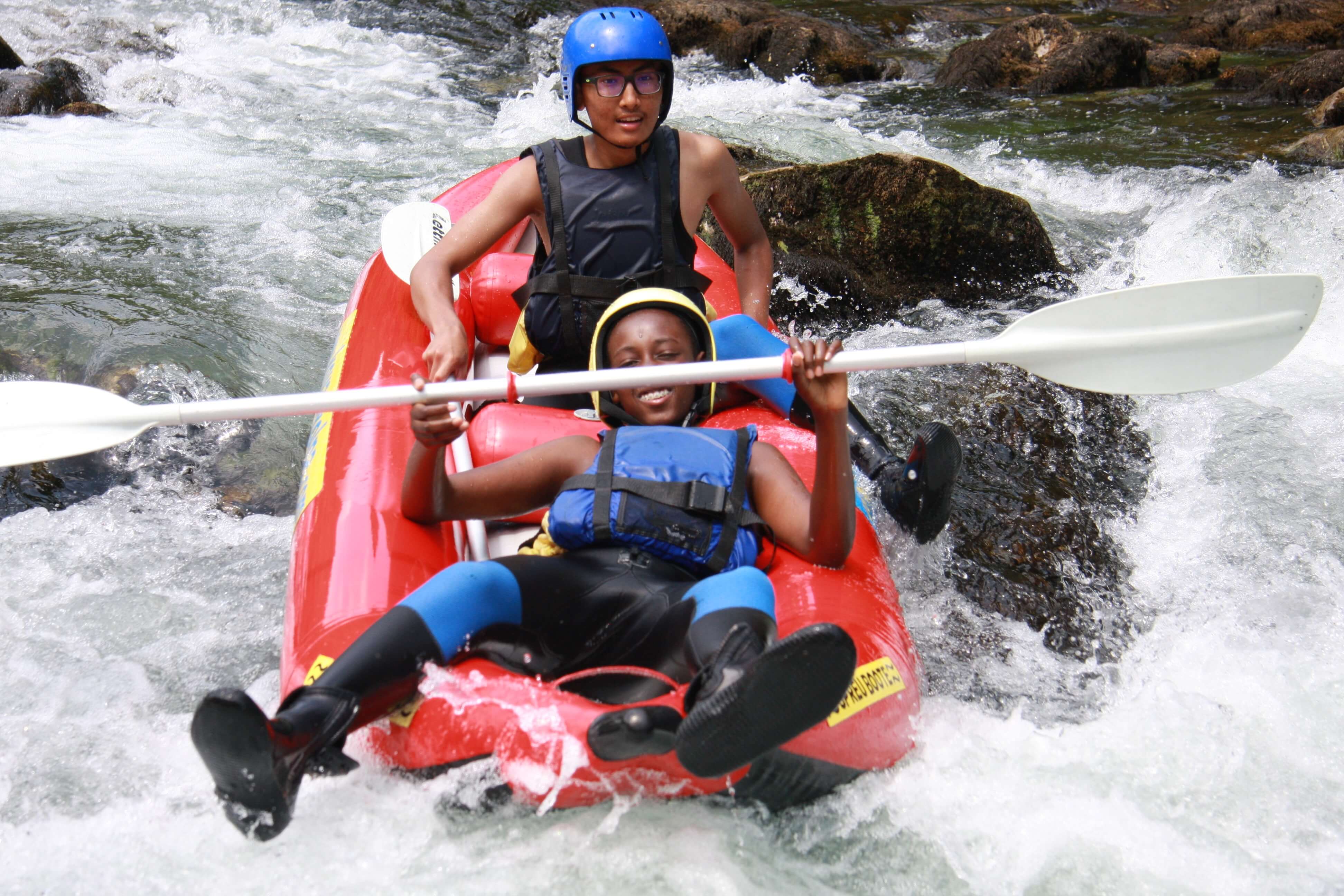
Shocking statistics. Is it safe to say that our youngsters could be experiencing some form of mental health crisis?
This is the cold hard truth facing all parents and it paints a very troubling picture for the future. Reportedly, over 25% of our teen population is living with some kind of mental illness and recent times have led to this number being even higher.
A recent poll from C.S. Mott Children’s Hospital shows that the mental health effects of the pandemic are more likely to have a significant impact on teenagers. It says that 46 percent of parents say their teen had shown signs of a new or worsening mental health condition since the beginning of the pandemic in March 2020.
Even our adults are feeling the effects. According to the Kaiser Family Foundation, 4 in 10 adults have reported anxiety or depressive disorder symptoms during the pandemic.
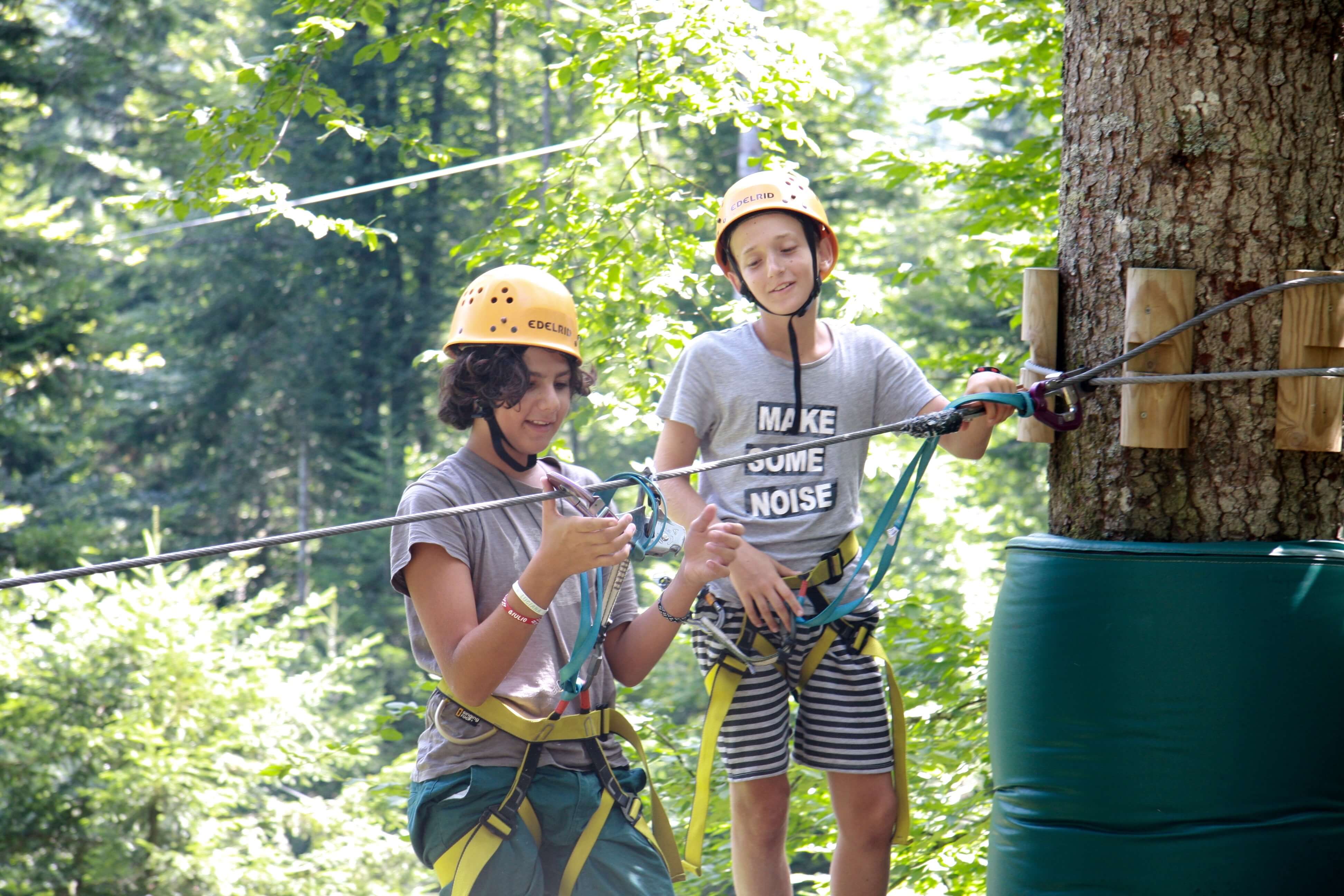
So, children aren’t alone in this mental health crisis?
Not at all. The summer camp industry is calling it a ‘collective trauma.’ From grandparents to grandchildren, from rich to poor, all ages, classes and levels of society. Everyone has lost something. Maybe they’ve lost a loved one. Maybe they’ve lost a life experience such as graduation, or dropping off their children at kindergarten for the first time, or getting married. Maybe they’ve lost a job or income. Everyone has lost something which has led to this ‘collective trauma.’
Do you think that our youth is especially impacted?
Judging by recent polls, limited studies, and personal experiences … yes.
In ‘normal times,’ if we can even say there’s such a thing, our children turn to their parents or adult like figures for guidance. However, during the pandemic parents simply don’t have the answers because no one really does …. so, who can the youth turn to next? Google. And then it gets even more confusing! Maintaining a positive state of mental health is becoming increasingly challenging for our youth.
For example, it’s been widely reported in the US that suicides rates have gone up during the pandemic.
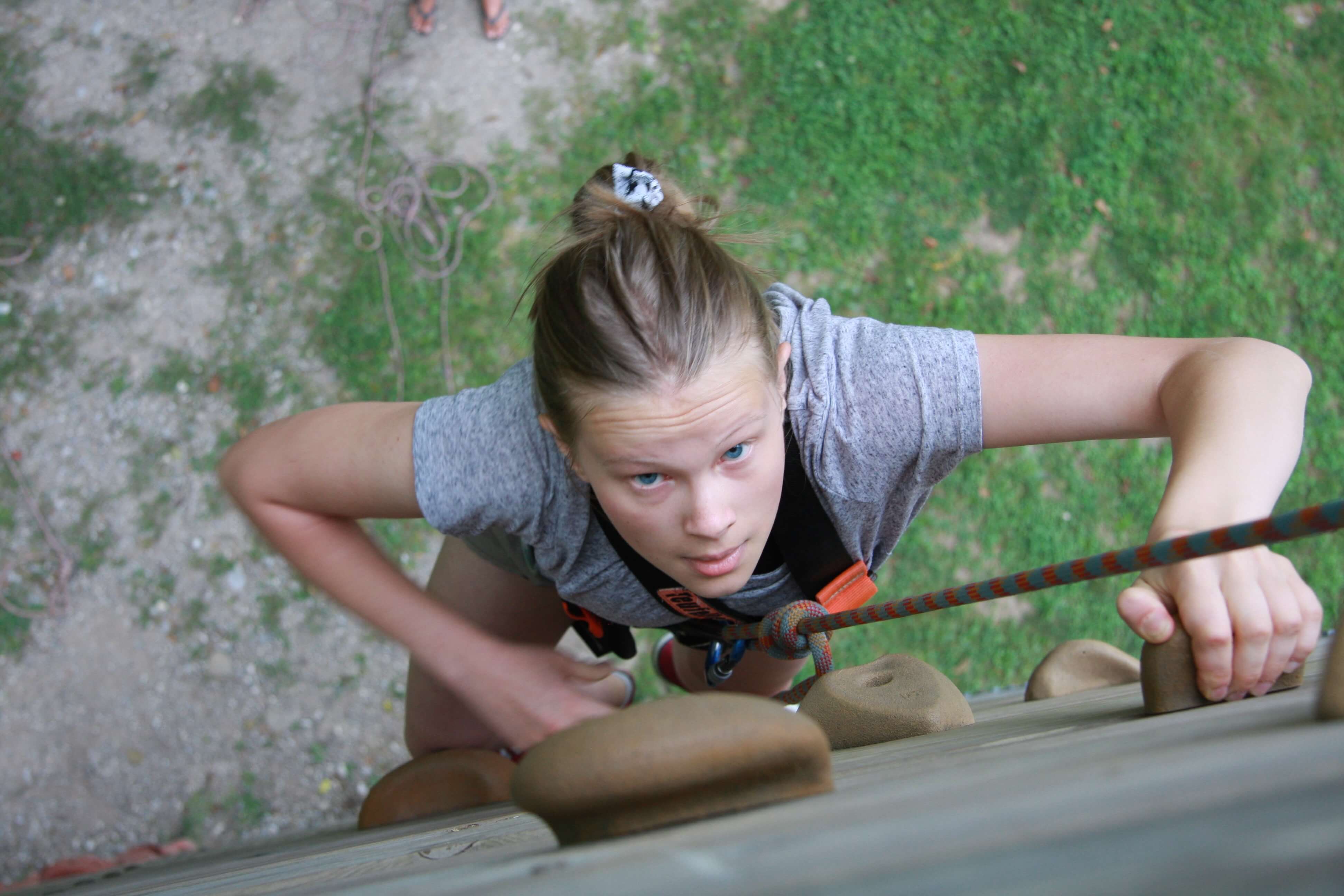
Is this suicide rate being reflected in Slovenia?
It’s difficult to know at this stage as such information isn’t really public knowledge, especially amongst children. However, an example is Clark County in the US which has experienced over 20 teen suicidal deaths since the start of the shutdown last March which represents an over 67% increase on the previous year. Very worrying times as the pandemic has been solely blamed for this outcome.
They definitely are. How about we look at what the mental state SHOULD be. What is pre-teen and teenage mental health?
Mental health is a way of describing social and emotional wellbeing. Children need good mental health to develop in a healthy way, build strong relationships, adapt to change and deal with life’s challenges.
Parents should be asking whether their pre-teens and teenagers:
- Feel happier and more positive about themselves and enjoy life.
- Have healthier relationships with family and friends.
- Do physical activity and eat a healthy diet.
- Get involved in activities.
- Have a sense of achievement.
- Can relax and get a good night’s sleep.
- Feel like they belong to their communities.
There is one BIG question though …
… in the current COVID affected times where children have been repeatedly restricted to their homes without direct contact with their friends and usual extra-curricular activities and been constantly glued to their screens …
… is it actually possible for parents to answer positively to all of these questions? I’ve got my doubts.
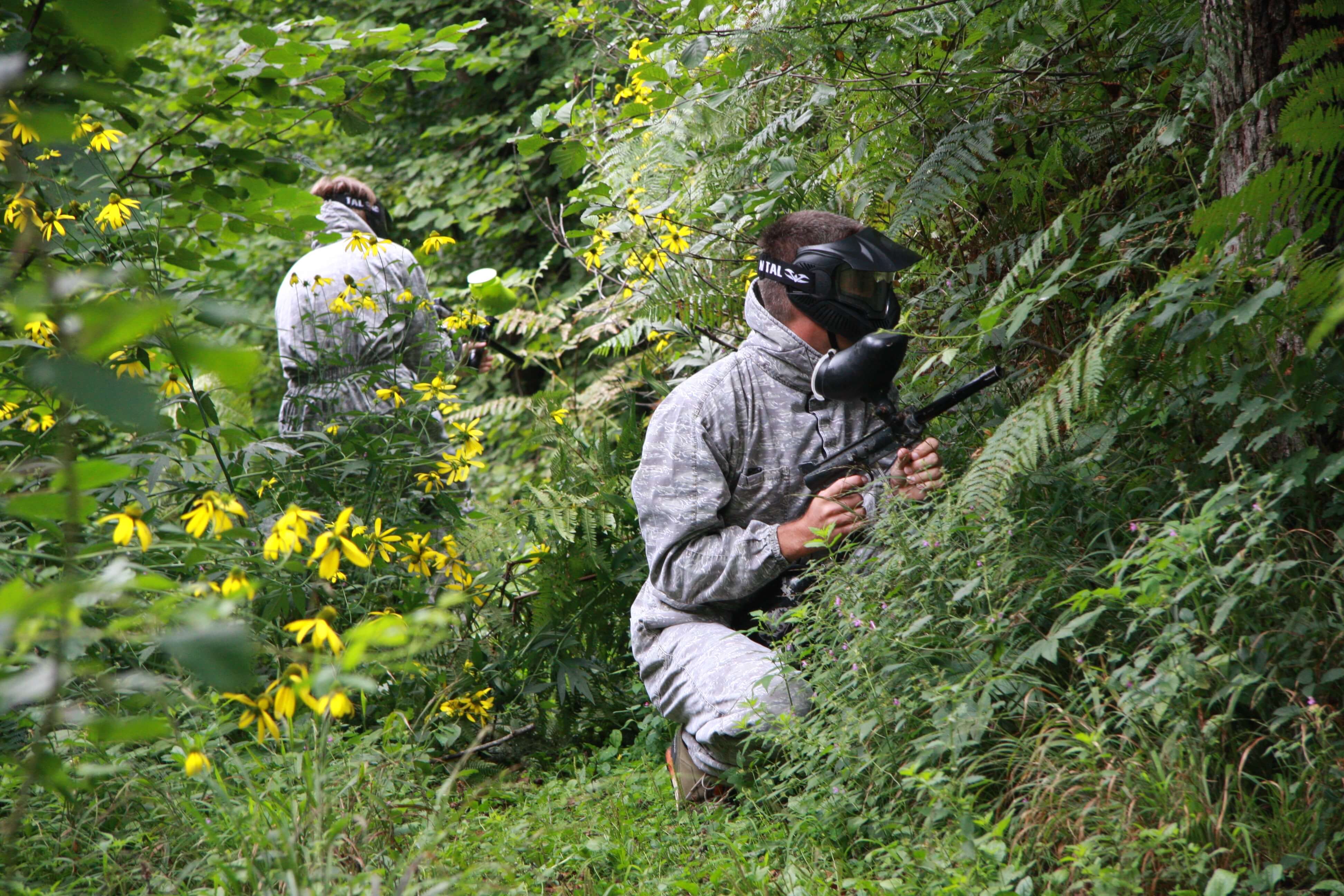
You brought up ‘screen time’ which seems like a buzzword in these times. Do you think the overuse of technology plays a major role when it comes to youth mental health?
According to experts, it’s definitely a contributing factor and is why Explorer Camps has been tech free from our conception. We’ve always believed in the importance of our youth detoxing from electronic media as much as possible and in these times it’s even more vital than ever.
Some studies are suggesting that screen time is up over 180% when compared to already high use prior to the pandemic, so it’s frightening even contemplating just how badly affected our youth are and what the long-term impact may be.
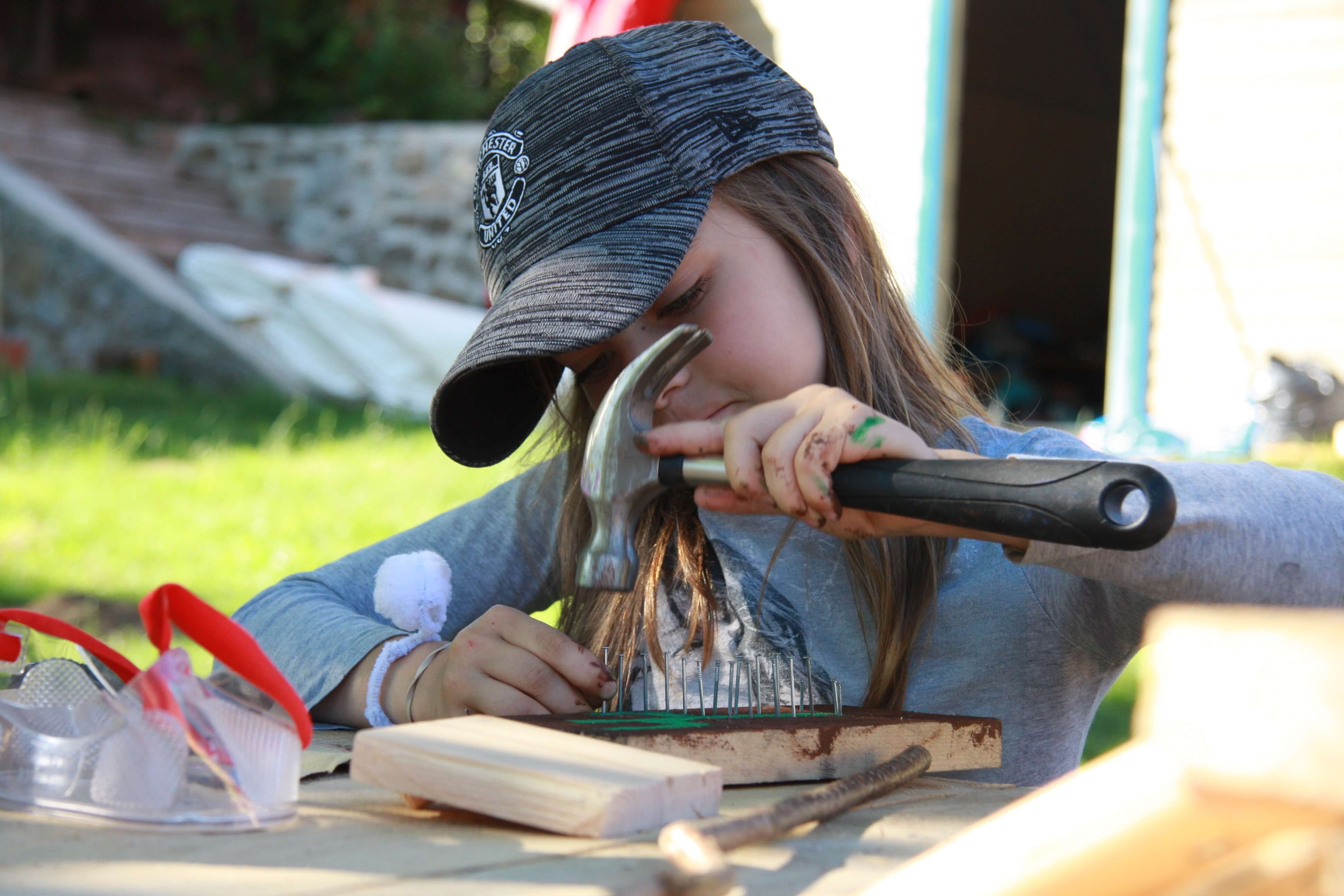
What could some of these impacts on our youth be?
There was an interesting study, pre-covid of course, which highlighted that one in three girls is unhappy with their appearance by the age of 14. Whereas, only a year before the number was 1 in 7. This incredible drop off in less than a year is credited to the significant increase of screen time amongst teenagers. And this was before covid remember.
This is just one example of many apparent negative consequences of screen addiction which we’ve covered in an article we wrote, with anxiety and depression being the clear issues of many that arise from our dependence on electronic media.
Is it safe to say that depression amongst teenagers is the biggest concern for parents?
In fact, no. Looking at that 1 in 5 number, 33% of these teenagers are diagnosed with anxiety related disorders whereas depression is 17%. Depression without doubt is something we all need to be aware of, but it isn’t as prevalent as mass media would like us to think.
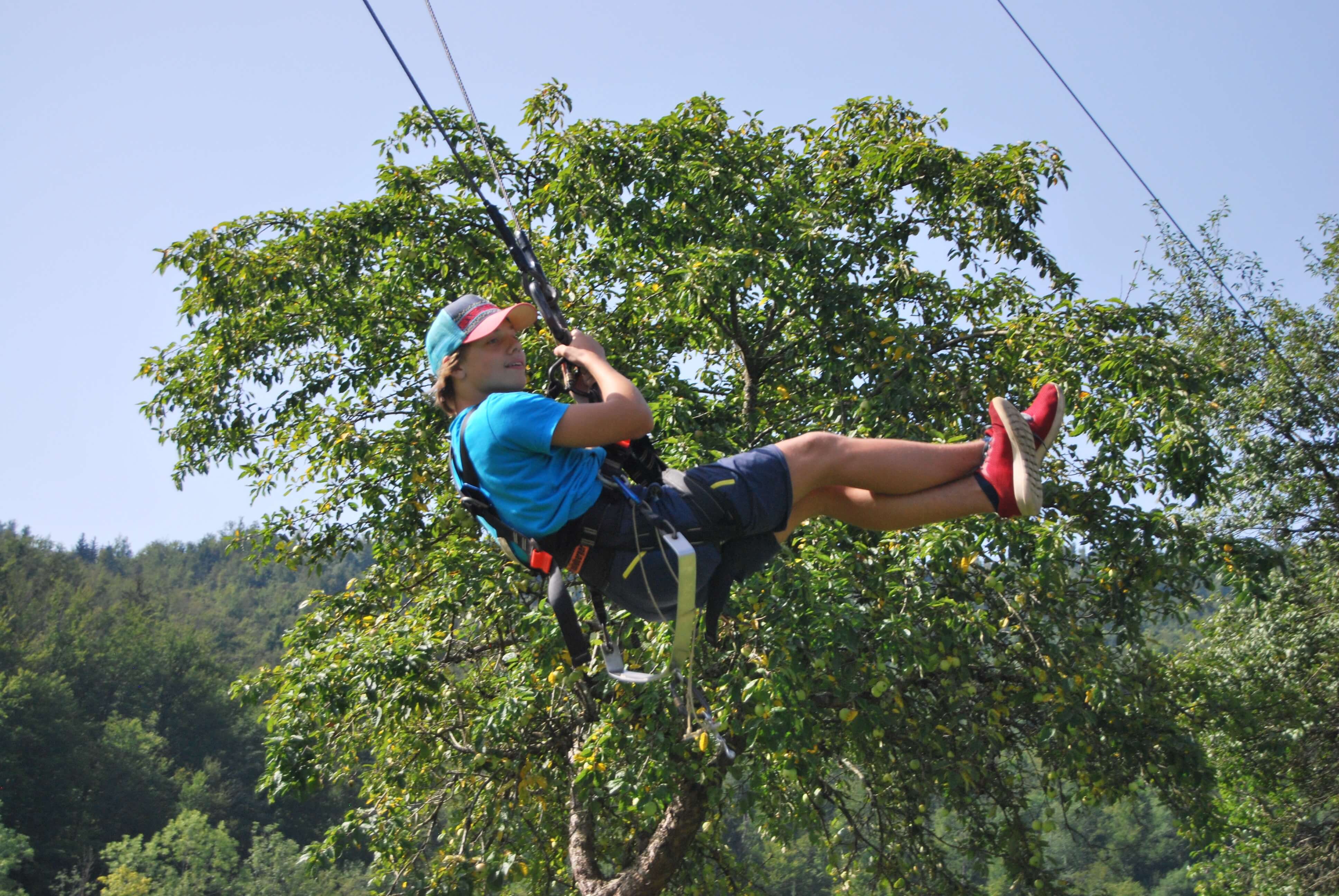
What are some signs parents can look out for in connection to anxiety?
Again, I’m certainly no expert on this area but when it comes to anxiety, we train our summer camp staff to be aware of:
- Children constantly seeking reassurance through questions
- Excessive worry
- Easily distracted and/or fidgeting (playing with the hands, grabbing things)
- Not being able to sit still
- Stomach/headaches that have no physical cause
- Excessive sweating & physical discomfort
It’s also possible that children detach themselves more from their families, and can also display a little more aggressive tendencies whether that be verbal or physical. One of the key areas to look out for is difficulties in sleeping.
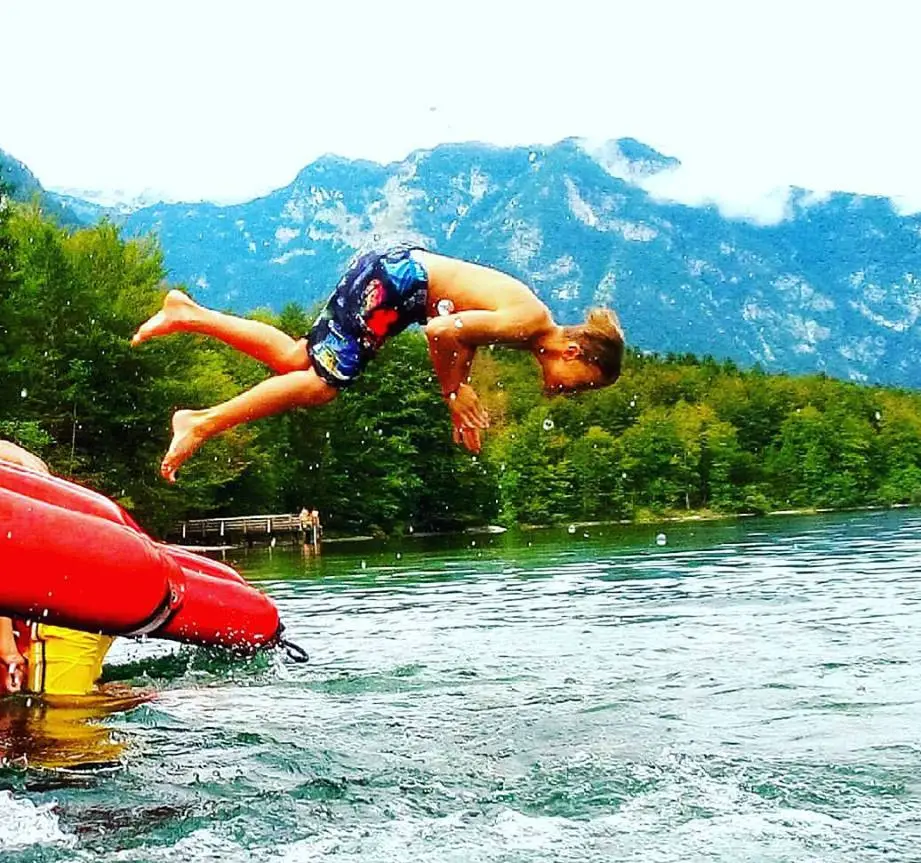
Sleep is one of the areas parents will see affected the most. Why is that?
Well, the excessive screen time has definitely had its impact on children’s sleep patterns. But we could also point to the lack of structure in our children’s lives due to the everchanging school and extra-curricular schedules. We can even talk about the heightened stress response, in other words flight or fight, due to the complete confusion of how to react to the virus. What do children do? It’s a very challenging time for everyone and sleep seems to be paying the price for it.
You mentioned earlier that your summer camps are conducting specific mental health training. Could you tell us more?
It’s something we’ve been wanting to do for a number of years now, however we could never find the right organisation to give us adequate support. There are some mental health trainings in the UK, but nothing specifically for summer camps so it took some time to find L.E.A.D. which is based in the US.
Adding to this, it’s been difficult planning for it with the uncertainty around the camps. At present I’m going through the process of getting officially certified as an instructor in Camp Mental Health so I’ll not only be able to train our staff but also our teen campers who also want to complete such training. Maybe it’ll be too early to officially certify all of our staff for this summer though. We’ll see.
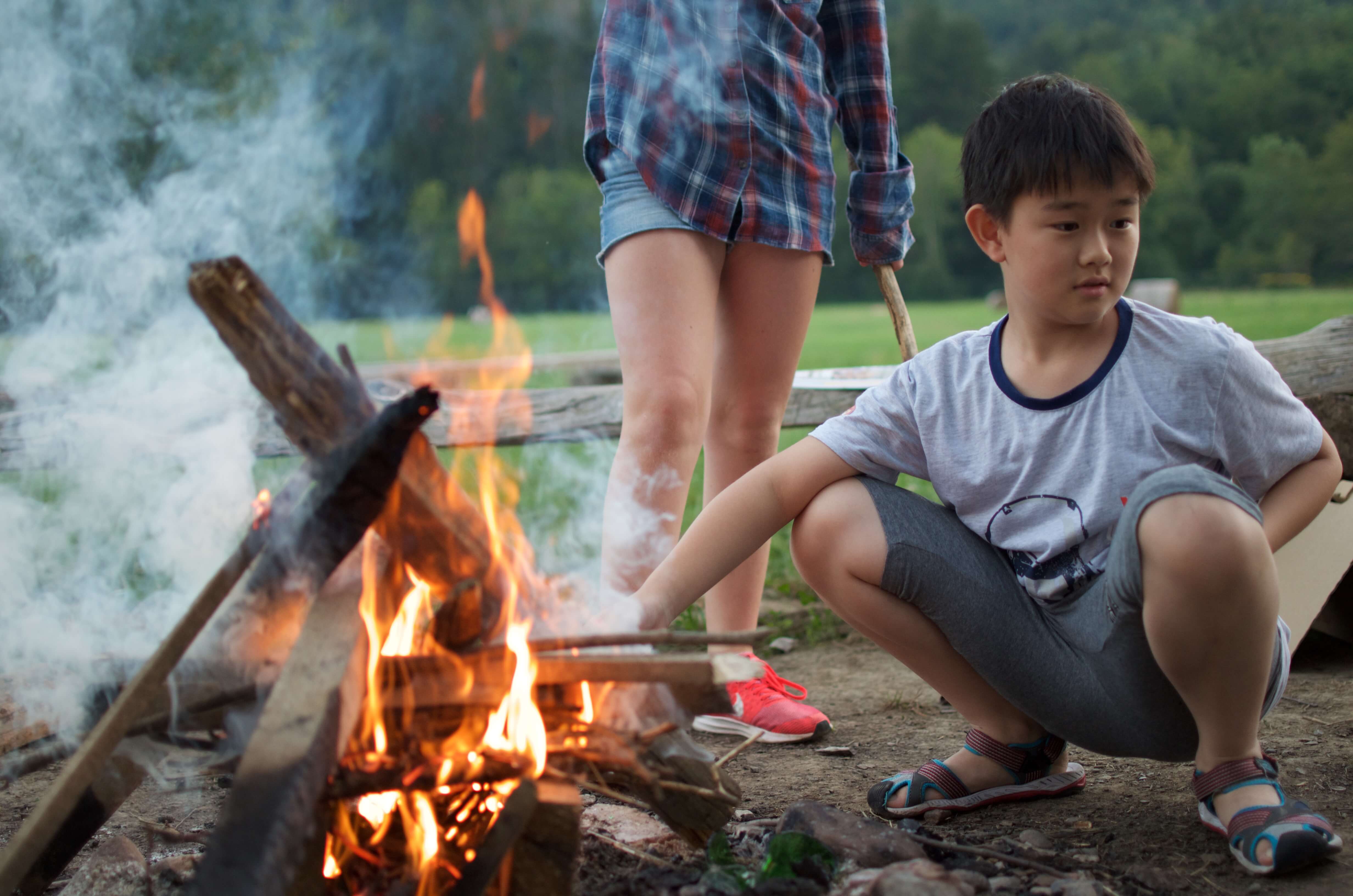
This seems like a new concept. Are there other camps in Slovenia doing the same type of training?
In regard to this specific organisation, we’ll be the first summer kids’ camp in Europe to have their mental health certification. There are mental first aid courses in Europe especially in the UK, however when it comes to camps as far as we’re aware we’ll be the first.
In saying that, I’d hope that all organisations working with children have some type of mental health training, especially in these times. Our children need support and understanding now more than ever which is what we’re doing at Explorer Camps.
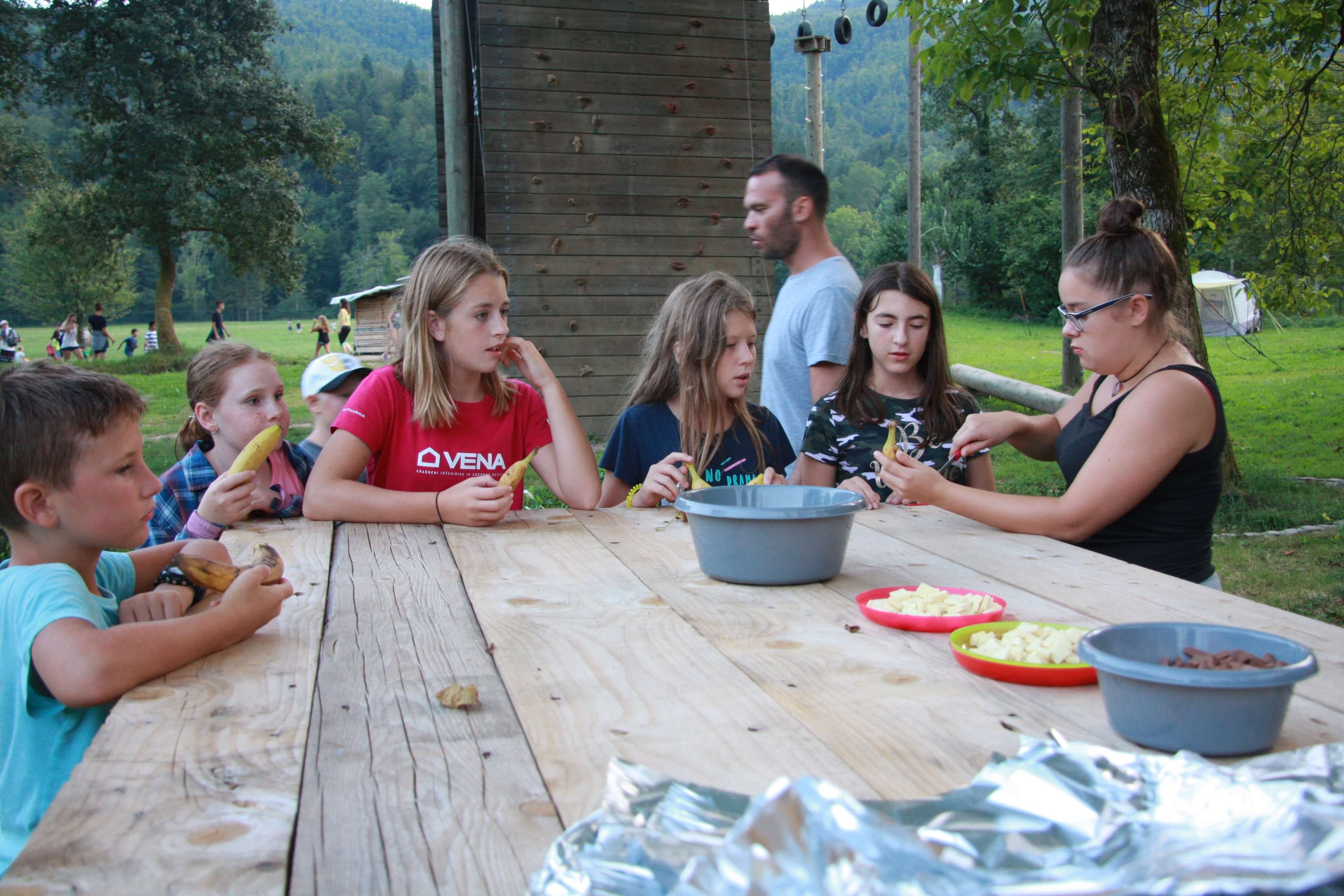
Lastly, taking all of this information into account. What can parents do about mental health?
Oh, that’s a hard one as again, I’m no expert on this matter … yet!
But the most important thing we communicate to our staff at summer camp is to take mental health seriously. Be aware. Be patient. Create a positive and caring environment.
Because, unfortunately, it’s just not taken seriously by society. It really isn’t.

You don’t think parents take it seriously enough?
I’m not saying that directly at parents, but society in general.
I liken it to this situation.
If a child breaks their leg, the last thing we say is to walk it off.
If a child contracts a serious disease, we wouldn’t dream of saying that it’s all in that child’s head.
If a child has an accident and loses feeling in their legs, we wouldn’t dare tell them to sleep it off and see how they feel in the morning.
But when it comes to mental health, too often those with the illness are told exactly this. Walk it off. It’s in your head. Sleep it off and see how you feel in the morning.
The first step to helping is changing our perception of what mental health is and how we can improve it. By making this simple change, children will feel our honest compassion and care. Then you can start to move forward … together!
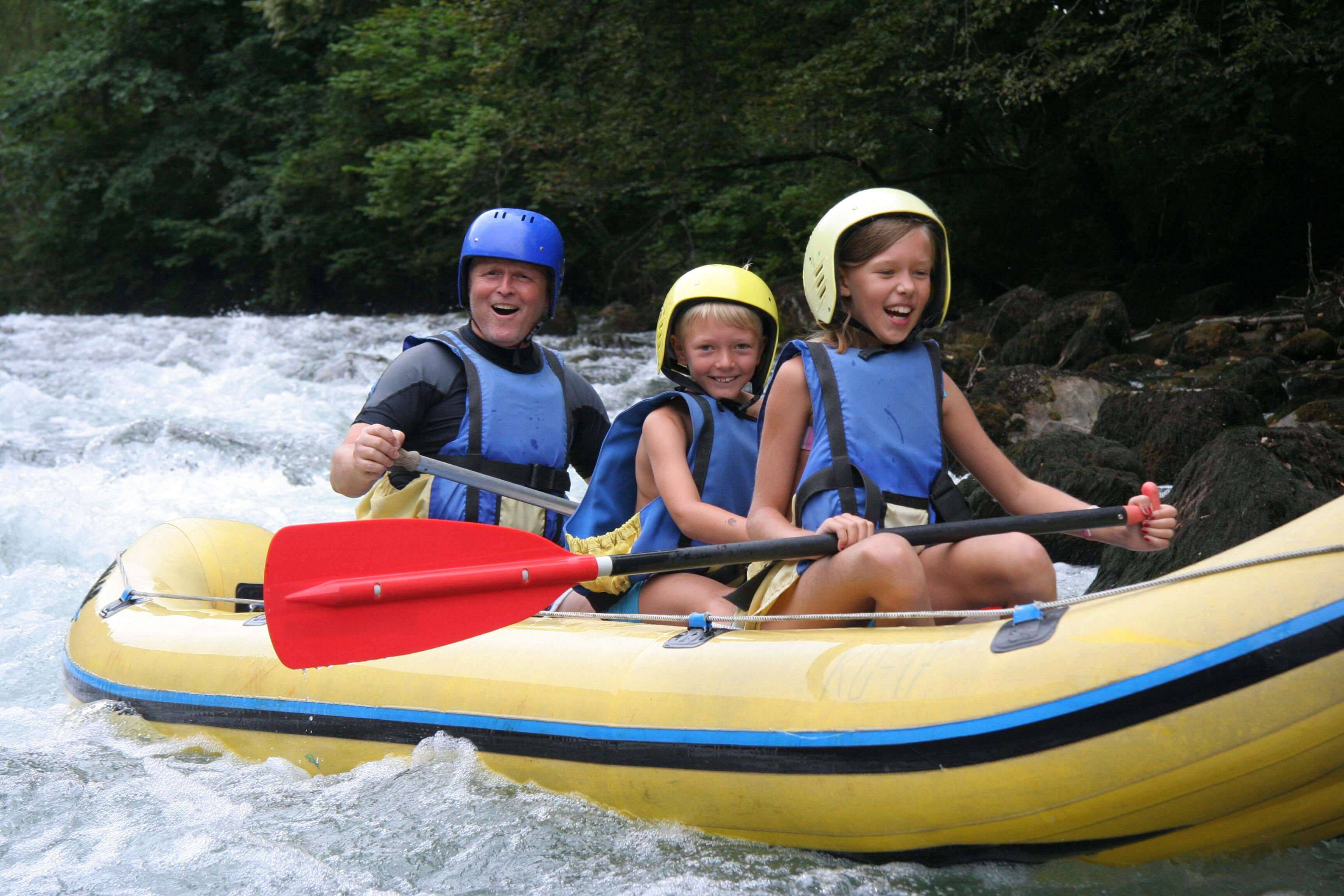
If you’d like to learn more about Explorer Summer Kids’ Camps, then visit their website or Facebook page






